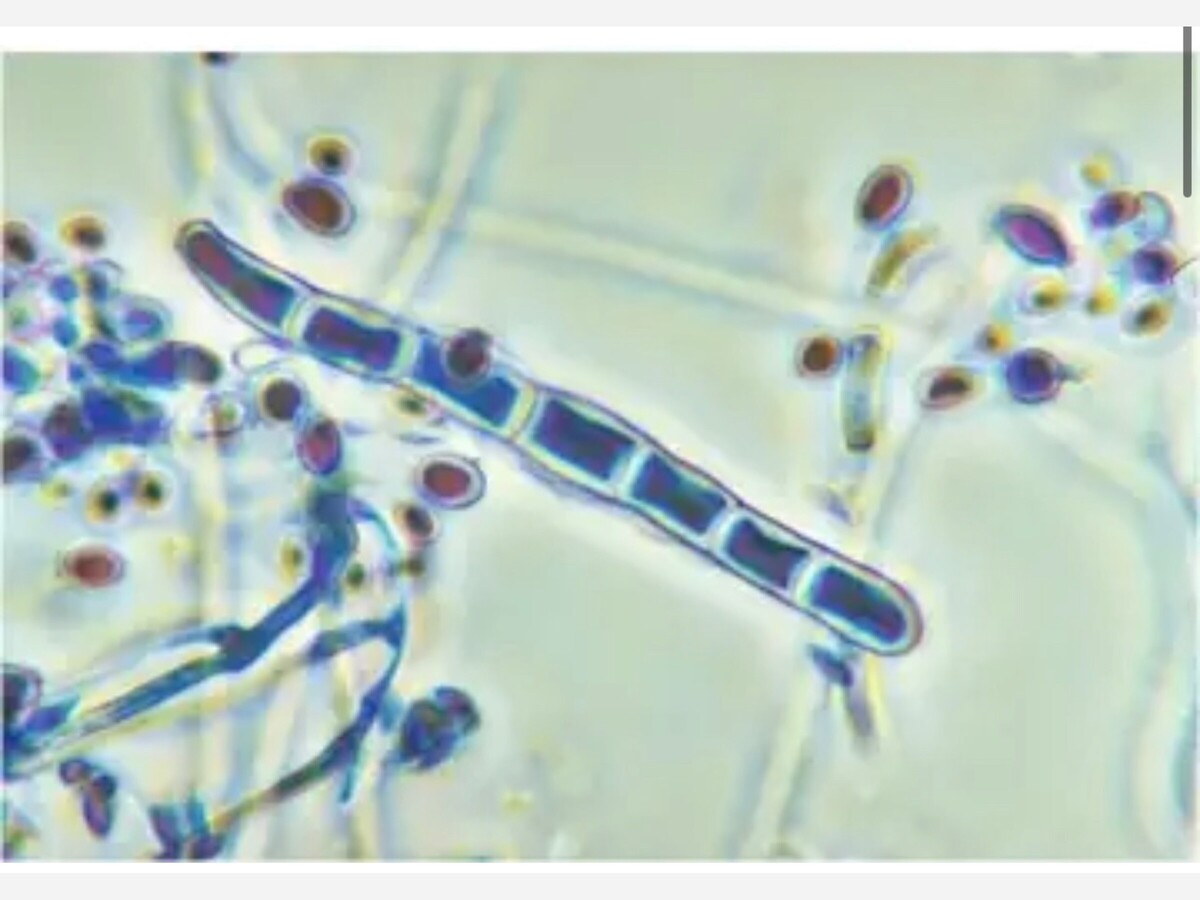Image


The Centers for Disease Control and Prevention (CDC) have identified a drug-resistant skin infection that is severe, and it is the first of its kind found in the United States.
According to the CDC, two women aged 28 and 47 in New York City were found to have tinea attributed to Trichophyton indotineae, which resulted in skin lesions on their neck, abdomen, thighs, and buttocks.
The CDC stated that a dermatologist from New York City reported two patients who had severe tinea that did not respond positively to oral terbinafine treatment. This raised concerns of a possible T. indotineae infection. The patients had no connection through epidemiologic means.
T. indotineae, which is spreading quickly, has reached epidemic levels in India and neighboring nations.
There was no evidence of recent travel for the 28-year-old, indicating a probable spread of the disease within the US. Investigations are ongoing for other suspected cases within the US.
According to the CDC, healthcare providers must take into account T. indotineae infection for patients with extensive tinea, especially if the rashes do not show any improvement with the initial topical antifungal drugs or oral terbinafine treatment.
Tinea is frequently referred to as "ringworm" and is predominantly triggered by dermatophyte molds that fall under the Trichophyton genus.
The contagion can be transmitted through skin-to-skin contact with infected people or animals, as well as from other infected areas of the body, and through contaminated objects.
View the full CDC statement here.
For more on Trichophyton indotineae from the National Library of Medicine, click here.